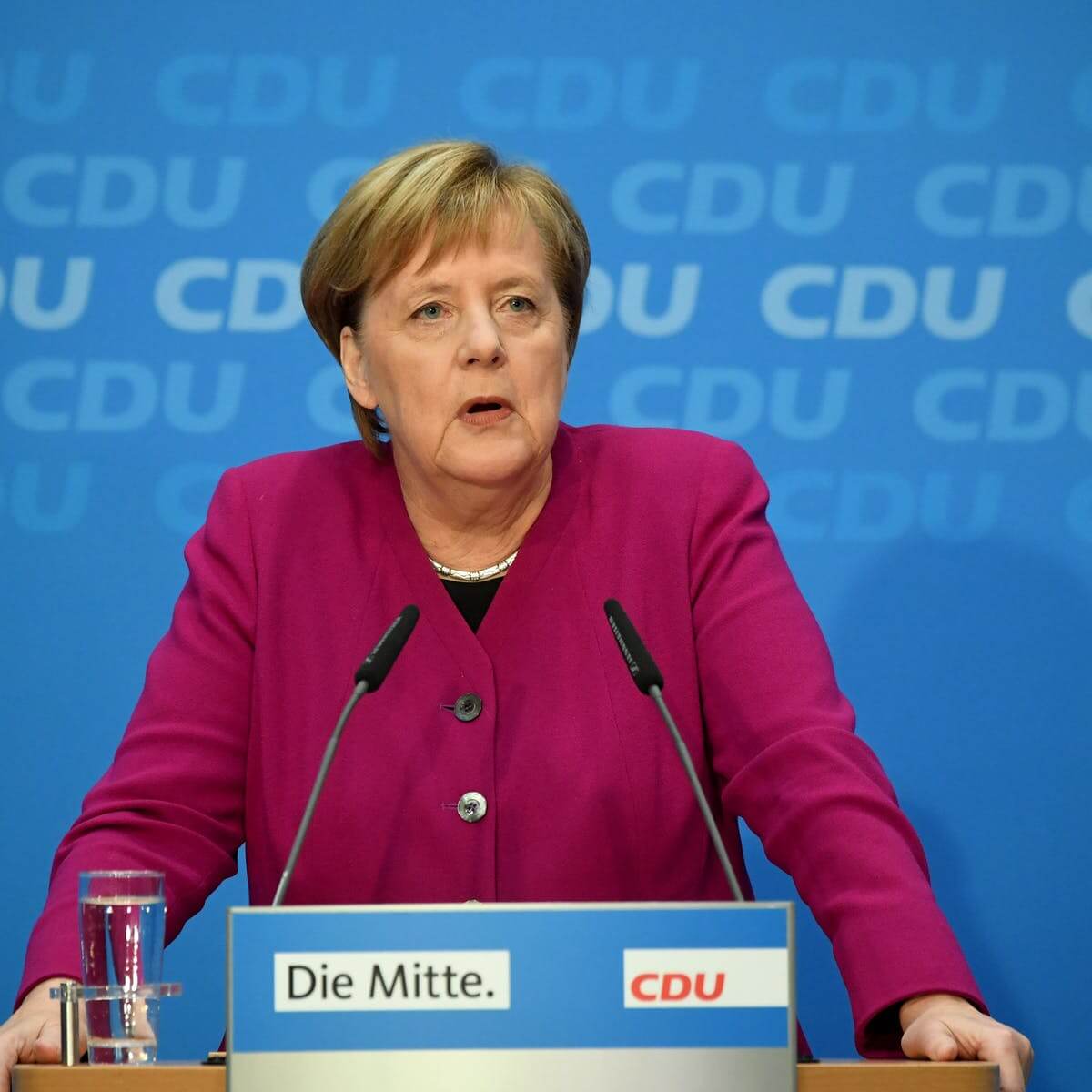Die Welt, a local German newspaper, reported that a proposal from the European Commission called for a 42% increase in Germany’s yearly contribution to the European Union’s (EU) annual budget from 2021 to 2027. This is predicted to increase Germany’s contribution, which currently stands at € 31 billion, by €13 billion. The proposal suggests that all member states will have to contribute 1.075% of their GDP to the EU budget over the coming seven years. According to data gathered in 2018, this will amount to a total of €1.1 trillion. The leaders of EU member states are scheduled to discuss this further over a conference call on Friday. They will also discuss the €750 billion coronavirus package that will also be a part of the EU’s budget. Steffen Seibert, the spokesman for the German government, said that while Germany will increase its contributions to the annual budget, it was “too early to float specific numbers now.”
This proposal comes following the long-lasting debate between the member states on the recovery of the bloc following the pandemic. The northern countries in the bloc consider themselves to be bearing the brunt of this recovery process. On the other hand, the southern members, which were also worst-affected by the pandemic, are urging the more prosperous economies to assist them in their recovery through “recovery bonds.” Italy, for instance, pressured the EU to create “coronabonds”, which are "joined debt instruments" that will provide member states with loans at lower interest rates. However, German Chancellor Angela Merkel rejected this on various occasions as the execution of such bonds would require amendments to existing EU treaties, which would delay the recovery process.
However, Merkel previously agreed to “significantly higher contributions to the European budget over a set period”. She said that it was important for Germany to take this move “because we want all EU member states to be able to recover economically”. Merkel also emphasised on the need for the coronavirus recovery to be facilitated through the EU’s annual budget, as it is a “tried and tested instrument” for such “common tasks in the EU”. She also previously agreed to increase Germany’s contribution to “more than 1%” of its GDP. However, the offer was contingent on the commitment of other member states to work towards a reassessment of their “financial priorities” as well. Germany’s argument was supported by countries like Netherlands, Sweden, and Denmark, who view the southern members of the bloc as “lax” with their finances.
Also Read: German Constitutional Court Clashes with ECJ over ECB’s Bond-Buying Program
Image Source: The Conversation

